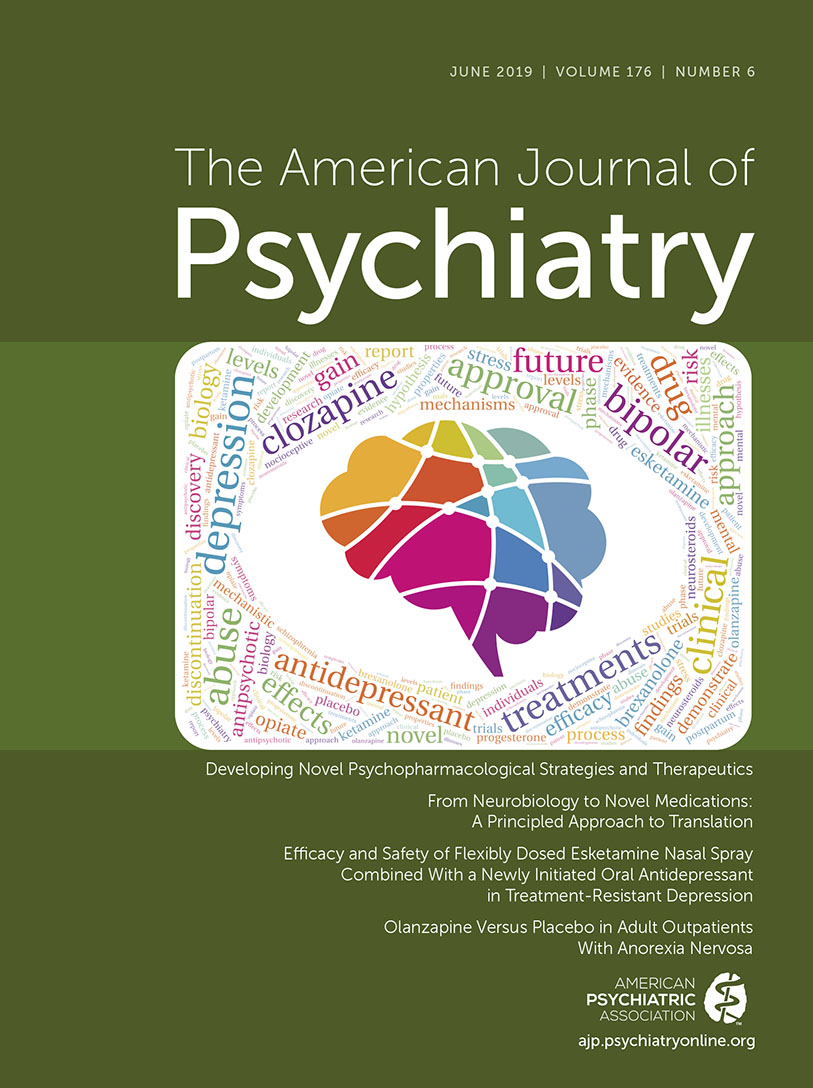Cariprazine Treatment of Bipolar Depression: A Randomized Double-Blind Placebo-Controlled Phase 3 Study
Abstract
Objective:
Cariprazine, a dopamine D3/D2 and 5-HT1A receptor partial agonist, was found to be effective in treating bipolar I depression in a previous phase 2 study. This phase 3 study further assessed the efficacy, safety, and tolerability of cariprazine in bipolar I depression.
Methods:
In a double-blind placebo-controlled study, adult participants (18–65 years old) who met DSM-5 criteria for bipolar I disorder and a current depressive episode were randomly assigned to receive placebo (N=158) or cariprazine at 1.5 mg/day (N=157) or 3.0 mg/day (N=165). The primary and secondary efficacy parameters were changes from baseline to week 6 in Montgomery-Åsberg Depression Rating Scale (MADRS) score and Clinical Global Impressions severity (CGI-S) score, respectively. Least squares mean differences were estimated using a mixed model for repeated measures, and p values were adjusted for multiplicity.
Results:
Both dosages of cariprazine were significantly more effective than placebo in improving depressive symptoms (reducing MADRS total score); the least squares mean differences were −2.5 (95% CI=−4.6, −0.4) for cariprazine at 1.5 mg/day and −3.0 (95% CI=−5.1, −0.9) for cariprazine at 3.0 mg/day. Both cariprazine dosages were associated with lower CGI-S scores compared with placebo, but the differences did not reach statistical significance after adjustment for multiplicity (least squares mean difference, −0.2 [95% CI=−0.5, 0.0] for the 1.5 mg/day group and −0.3 [95% CI=−0.5, 0.0] for the 3.0 mg/day group). Common treatment-emergent adverse events (in at least 5% of participants in either cariprazine treatment group and twice the rate of the placebo group) were nausea, akathisia, dizziness, and sedation. Mean changes in weight and metabolic parameters were relatively small and comparable across groups.
Conclusions:
Cariprazine, at both 1.5 mg/day and 3.0 mg/day, was effective, generally well tolerated, and relatively safe in reducing depressive symptoms in adults with bipolar I depression.



